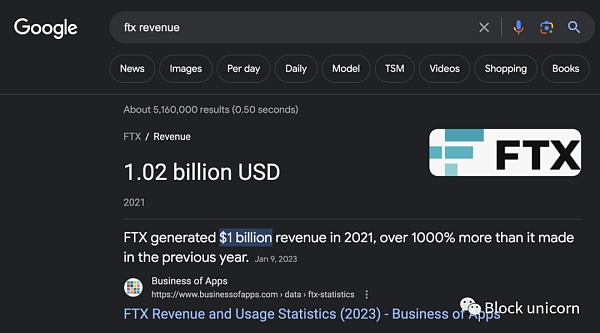Bitcoin developers release multi-signature UI to lower the threshold for full-node and hardware wallet users
According to Cointelegraph, August 30, organizers of Bitcoin programming Boot Camp have released a proof of concept to create an easy-to-use multi-signature user interface (UI) for hardware wallets and full nodes.
On August 28th, Justin Moon released the full software code on GitHub and posted a quick guide to using the prototype UI on Twitter:
1. First provide RPC certificate (only for test network)  2. Next create a multi-signature wallet
2. Next create a multi-signature wallet  3. Add the signer. If you are a user of Trezor, Ledger and ColdCard, you can choose the appropriate plugin option.
3. Add the signer. If you are a user of Trezor, Ledger and ColdCard, you can choose the appropriate plugin option.  4. After clicking "Add Signer", you will see an interface like this.
4. After clicking "Add Signer", you will see an interface like this.
 5. Then click on “Generate Receive Address” to get your first address and send some BTCs.
5. Then click on “Generate Receive Address” to get your first address and send some BTCs.  6. After the transaction processing is completed, create a transaction and start signing (every time on the device), and broadcast after the signature is completed.
6. After the transaction processing is completed, create a transaction and start signing (every time on the device), and broadcast after the signature is completed. 
- Founder of Galaxy Digital: Bitcoin's price is gradually solid, and there is no doubt a bull market in 2019
- Ethereum DApp king returned: stable currency "Zhanshan is king", DeFi is not expected
- Interview with Gong Xinbao Huang Minqiang: At the beginning of the year, the heart will remain unchanged, and the chain business will introduce live water for the blockchain industry.
(Source: Twitter )
Reduce the entry barrier for Bitcoin槛
Normally, a wallet protected by multi-signature technology requires multiple private keys to access the wallet. Since no one has all the information needed to decrypt the wallet, it is less vulnerable to security breaches.
The software guide released by Moon states that users first need to configure their RPC settings (currently only as a testnet version), then create a wallet and decide how many signatures and how many signers are needed to decrypt the wallet.
When the software is connected to a hardware wallet such as Trezor, Ledger or ColdCard, these wallets will be identified and added as signers.
The user then generates their first receiving wallet address and generates a test transaction that requires each individual signer's device to confirm and broadcast separately.
Since Moon's proof of concept is in the Alpha version, there are still many vulnerabilities that need to be improved, but in response to Moon's release of code, Hass McCook, who claims to be a Bitcoin evangelist, wrote on Twitter:
To be honest, I think this project has the potential to increase the use of Bitcoin in billions of dollars. Simple multi-signature software like this can clear the barriers to entry for ordinary people who have a lot of deposits.
Is there really no problem with this kind of software?
Earlier this summer, decentralized identity startup Civic and blockchain security company BitGo announced that they plan to launch a new wallet using BitGo multi-signature technology in the fourth quarter of 2019.
The product is designed to reduce barriers for consumers to enter the blockchain, provide a secure infrastructure, and support new blockchain-based financial and identity ecosystems.
Just last week, BitGo officially added EOS to its multi-signature wallet and hosted service-backed asset list.
However, as early as 2017, Cointelegraph published an article about the multi-signature wallet designed by Parity Tech. At that time, 573 wallets were affected.
We will continue to update Blocking; if you have any questions or suggestions, please contact us!
Was this article helpful?
93 out of 132 found this helpful
Related articles
- People's Daily: The online invoice of blockchain is no less than a reform of tax collection and management
- Cycle observation | market, economy and cycle (below)
- To save $1.7 billion, Telegram will release the TON blockchain code on September 1.
- Is the development of Ethereum opening a new direction? Hyperledger announces the acceptance of the first public Ethereum blockchain project Pantheon
- Recommend a "back door" wallet software, stealing nearly 200 bitcoin, he was sentenced to 5 years
- $8.5 million! US Securities and Exchange Commission fines fraud
- PNC, the eighth largest banking company in the US, began using RippleNet for cross-border payments






